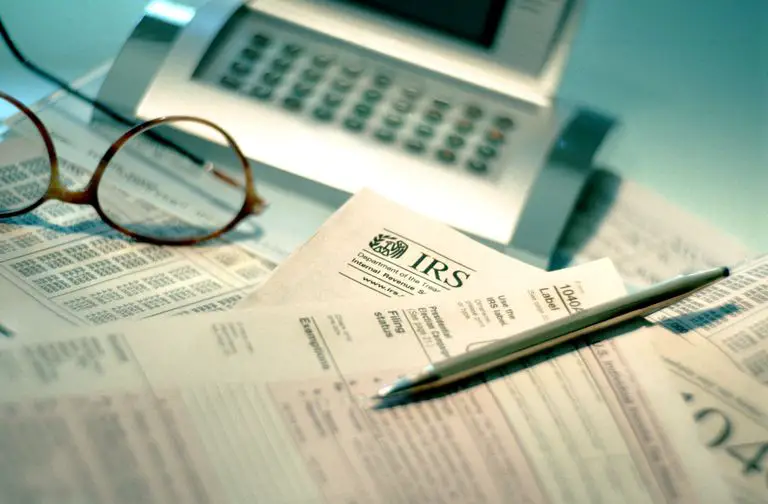If this is your first year as a self-employed professional, filing taxes may seem like a daunting task. After all, tax requirements for self employed people are quite different from the taxes required by traditional employees. In addition, you have to take care of them yourself all year long. You do not have the help of a payroll department taking out your required tax payments each paycheck. But, if you were able to find a loan to buy a business, there is no reason to be worried. Find out about what self employment taxes are required of you below.
What Counts As Self-Employed?
First, you need to know whether or not you actually qualify to file self-employment taxes. There are three types of workers that traditionally qualify as self employed. These cases include those that conduct business as a sole proprietor or independent contractor, members of partnerships that conduct business or those that otherwise conduct business for themselves. If you made more than $400 last year as a self-employed individual, chances are you have to file self employment taxes.
1099-MISC form
Many self employed professionals who are just starting out figure that the W-2 form is still the standard tax filing form. However, this is not true. The 1099-MISC form is the self employed equivalent of the W-2. 1099-MISC forms are required to be sent to you by anyone that pays you more than $600. That is why it it so important to keep track of your income in t accounts or similar as a self employee. Make sure you realize the importance of 1099-MISC forms before you start working for yourself. Otherwise, the IRS may have to come knocking at your door.
Tax Rate
The next question many inevitably have is “what is the tax rate for self employees?” This can differ, depending on the specific year and tax code. Self employment taxes are actually two different types of taxes bundled together. This includes Social Security taxes and Medicare taxes. For the year 2017, tax rates for Social Security are 12.4% for up to $127,200 of income. Medicare tax rates are 2.9% across the board, no matter how much income you make. Keep these two figures in mind, as they are the self employed tax rates that you will need to know when conducting business on your own.
Tax Deductions
While self employment taxes are a bit of a hassle, they also provide some benefits. These benefits come in the form of tax deductions. You can actually save money on your taxes by being a self-employed professional. Travel expenses are one type of tax credit you could earn. However, you can also benefit greatly from the self employment tax deduction. The self employment tax credit allows you to deduct half of your self employment tax from your gross income. This helps you save money in the end, so be sure you remember these self employed tax deductions.
Due Dates
If you are going to be filing taxes as a self employed person, you will need to familiarize yourself with the tax due dates you are required to meet. You will need to file self employed taxes quarterly, so there are four dates you must know. For income from January through March 31st, you will have a tax due date of April 18. The next period through May 31st will be due June 15th. Then, for income made through August 31st taxes will be due Sept 15, and for income through December 31st, taxes will be due January 15th of the following year. Make sure you keep these self employment tax deadlines in mind to ensure that you do not get audited by the IRS later on down the line.
If you are a self employed professional, filing taxes is a daunting task, even if you have online financial software to help. But, thanks to the guide above, it does not have to be anymore. Use this comprehensive self employment taxes guide to help you determine whether you need to pay self employed taxes and what you will be responsible for. This way, you can save some money on your taxes without having to pay for accounting services. Remember to file your taxes quarterly. In no time at all, you will be wondering why you were so anxious about filing your own taxes as a self employed professional.
Photo from https://www.thebalance.com/self-employment-tax-differences-399036
 Business First Family Business, Accounting, Finance, Investing, Marketing And Management
Business First Family Business, Accounting, Finance, Investing, Marketing And Management
